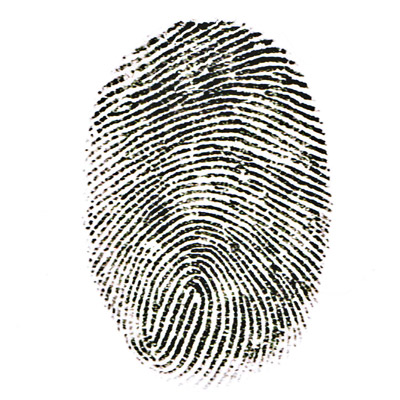The unfortunate truth of increased technology is that there is also an increase in cybercrime, more specifically identity theft. The question is, what can you do to help prevent it, and how should you react to it should it strike?
The more information you have, the more interested the hacker
There are plenty of ways a hacker can use to get the information they need to successfully get into the your systems. Unfortunately, many businesses have a tendency to collect more data than they actually need from their contacts and employees. This only gives the identity thief more ammunition. Furthermore, many businesses underestimate the lengths that an identity thief will go to in order to collect the information that they need. Frankly, just throwing out documentation won’t stop someone who isn’t above dumpster-diving. Any paper records should be cross-shredded before they are thrown away.
What to Tell Your Clients if Their Identities Are Stolen on Your Watch
Even the smallest error can lead to a security breach, which means you may have to inform your clients that their information has been stolen. To help them further, you will want to advise them to take the following steps immediately.
Notify Affected Banks or Creditors
If financial information has been compromised, notify the bank or credit card provider immediately. They will take necessary steps such as holding or suspending the affected account.
Review Credit Reports
Any client whose data was potentially stolen should review their credit reports. Set up a fraud alert on your account with one of the major credit reporting agencies. This will automatically provide you with a credit report from all three of these agencies, which you should check for any red flags. If your reports show credit inquiries that you didn’t make and other unexplainable activity, report the identity theft to remove the transactions and activities you are not responsible for. You may also want to consider requesting a credit freeze to prevent the credit agencies from releasing your credit information to new creditors.
Fill Out Identity Theft Reports.
While the FTC may only follow up on larger fraud cases, they also monitor identity theft cases to identify suspicious patterns that suggest the involvement of organized crime. The FTC’s also created a website Identitytheft.gov to make it easier to report identity theft.
This report needs to be distributed to your creditors and credit reporting agencies, and these accounts need to be monitored to ensure that false information doesn’t persist.
Locking Down Accounts
Of course, as with any account breach, update your account credentials. Ensure that no additional accounts have been opened in your name for any other utilities, as the bills for these services can be used as proof of residence to open a new account.
Identity theft is no laughing matter, and you certainly don’t want your business to be responsible for it. For assistance with your data security solutions, call Quikteks at (973) 882-4644 to schedule a free network evaluation.

